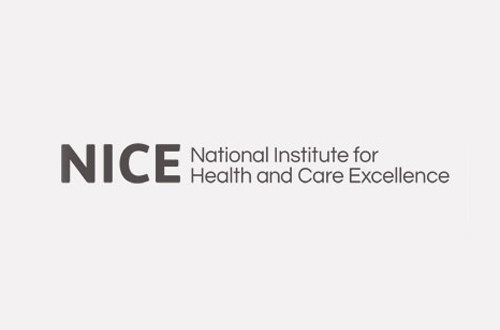
NICE has recommended Merck Sharp & Dohme’s cholesterol drug Ezetrol (ezetimibe) in draft guidance.
Ezetrol was backed to treat adults with hypercholesterolaemia when statins cannot be taken and when they require lipid modification therapy for prevention of cardiovascular disease (CVD), have both type II diabetes and a 20% 10-year risk of developing CVD.
Additionally it is recommended for patients who need lipid-modification therapy for secondary prevention of CVD.
Carole Longson, director of the centre for health technology evaluation at NICE, said: “Primary hypercholesterolemia is an important risk factor for developing cardiovascular disease, the most common cause of death in the UK, as well as being a major cause of morbidity and reduced quality of life.
“This draft guidance is therefore good news for some people with this condition who aren’t able to take a statin to reduce their cholesterol.”
Ezetrol is a cholesterol absorption inhibitor that blocks the absorption of cholesterol in the intestinal tract without affecting update of triglycerides or fat-soluble vitamins.
In this way Ezetrol can be combined with statins to provide a complementary or alternative method of cholesterol reduction.
This draft guidance is different to that published in 2007 because it emphasises that current clinical practice has a greater effect on managing CVD risk rather than simply meeting target cholesterol levels.
NICE’s Appraisal Committee concluded that the incremental cost-effectiveness ratio (ICER) in the primary prevention population of CVD was in excess of £31,900 per quality-adjusted life year (QALY) gained for Ezetrol compared with no therapy. Combined with a statin, the figure came to over £76,000 per QALY.For secondary prevention of CVD the ICER was at least £23,000 per QALY gained for Ezetrol monotherapy compared with no treatment in adults with type II diabetes.
For Ezetrol compared with no therapy the QALY stood at £17,300 and £115,400 per QALY gained as an add-on to a statin compared to statins alone.
Individuals with hypercholesterolaemia have an increased risk of CVD because long term raised cholesterol levels accelerate the build-up of fatty deposits in the arteries and this narrowing can eventually lead to angina, heart attacks and strokes.




